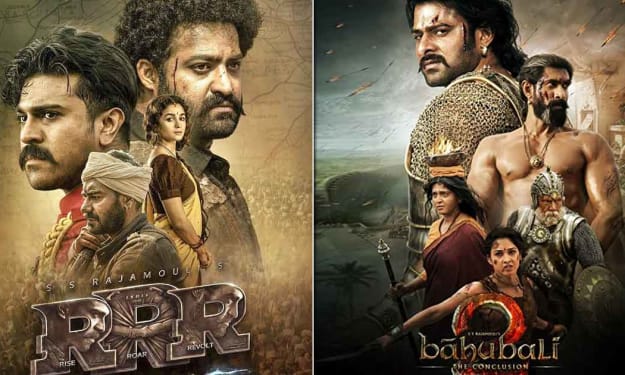The Card Counter (2021) Movie Review
Drama / Thriller

Paul Schrader, the writer and director of the critically acclaimed "First Reformed" from 2017, has returned with a new film called "The Card Counter," starring Oscar Isaac in the title role, with Tiffany Haddish and Tye Sheridan as supporting characters. While this film is not a greatest hits package nor a restatement of Schrader's principles, it still has elements of both. Schrader is known for his use of Transcendental Style in Film, which is a concept he developed in his thesis-turned-seminal-film-text. In the book, he discusses three filmmakers: Dreyer, Ozu, and Bresson, with Bresson being the one Schrader cribs from almost obsessively.
Schrader calls "The Card Counter" one of his "man sitting in a room" or "man at a table" films. This concept originated from Bresson's "Diary of a Country Priest," in which the priest was a diarist, and his writings were reinforced with voiceover. Schrader made Travis Bickle a diarist in "Taxi Driver," with voiceover, which was buttressed by some visual cues out of Godard, who was influenced by Bresson. In "The Card Counter," Isaac's character, William Tell, who also goes by "Will Tell," keeps a diary in a composition notebook in which he writes immaculate cursive script. He doesn't start writing, though, until he's turned whatever motel room he's in white, with the help of sheets he puts on the furniture and bed. Will is a touring poker player who has much gambling wisdom to impart, such as "Red and black roulette is the only smart bet" because your odds of winning are almost 50 percent. "You win, you walk away. You lose, you walk away."
But why does Will play poker? To hold himself together. His memories of the time he spent in Abu Ghraib as a U.S. Army torturer himself make him not want to live, yet he does anyway. He's looking for a reason. He finds two: La Linda, a kind poker tour bankroll rep with whom he falls in love, and Cirk, the son of a military vet who served with Will and whose own guilt compelled him to kill himself. Cirk has a bright idea that he offers Will a piece of: to abduct the military contractor who trained the torturers and got off scot-free and give him some of his own. The three characters are an odd trio, beautifully played. The exuberant Haddish underplays with brilliance, while Sheridan keeps Cirk earnestly appealing in spite of his homicidal intentions.
Will takes Cirk on the road with him, hoping to raise enough poker winnings to get Cirk out of debt, and to impart sufficient life experience to convince him to give up his murderous crusade. This has echoes of Travis Bickle's self-appointed mission to save the teen prostitute Iris. But Will is mainly looking to redeem himself. His time at the table is accompanied by moody, almost keening songs by Robert Levon Been, former leader of Black Rebel Motorcycle Club and the son of Michael Been, whose similarly searching songs adorned Schrader's lovely 1994 "Light Sleeper." In this film, Willem Dafoe, who played the lead in "Light Sleeper," portrays the military contractor that Cirk is after.
At its core, "The Card Counter" is a film about redemption and the search for meaning in a world that can often seem bleak and meaningless. Schrader's protagonist, Will, is a man haunted by his past, struggling to find a reason to keep living despite the atrocities he committed in Abu Ghraib. Through his encounters with La Linda and Cirk, he begins to see a glimmer of hope, a chance for redemption and a way to make amends for his past sins.
The film is also a commentary on the nature of power and corruption, particularly within the military-industrial complex. Will's target, the military contractor who trained the torturers at Abu Ghraib, represents the worst of this system - a man who has used his power to commit unspeakable acts and gotten away with it. Cirk's plan to kidnap him and force him to face the consequences of his actions is a radical act of justice, one that challenges the very foundations of the system that allows such abuses to take place.
But Schrader is not interested in simplistic moralizing or easy answers. Instead, he presents a complex, multifaceted view of his characters and their motivations. Will is not a simple hero or antihero - he is a flawed, complicated human being, struggling to come to terms with his past and find a way forward. La Linda and Cirk are similarly nuanced characters, each with their own unique perspectives and struggles.
"The Card Counter" is a film that rewards careful attention and reflection, one that invites viewers to engage with its themes and ideas on a deeper level. It is a testament to Schrader's skill as a filmmaker and storyteller that he is able to create such a rich, complex work that defies easy categorization or summary. With this film, he cements his status as one of the greats of American cinema, a filmmaker whose work will continue to inspire and challenge audiences for years to come.






Comments
There are no comments for this story
Be the first to respond and start the conversation.